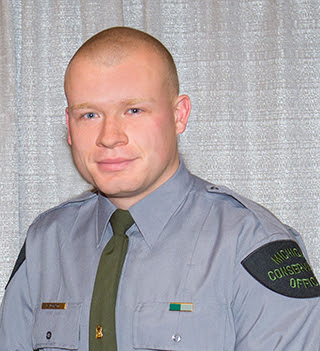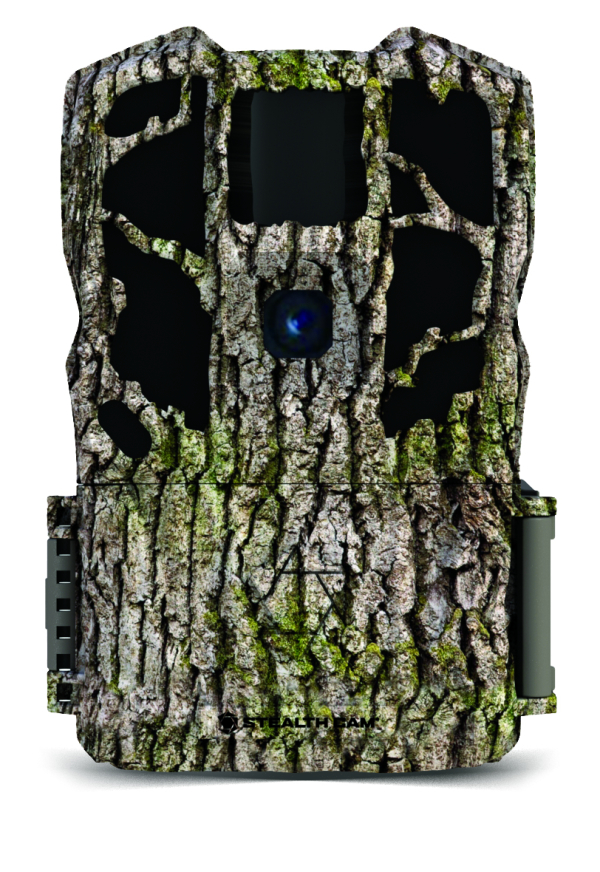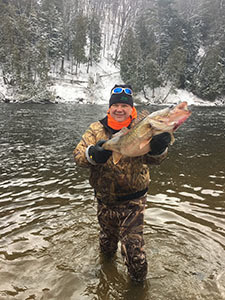Wolves are not the Only Answer for Isle Royale
By Glen Wunderlich
The pending plan to manage the over-populated moose herd on Isle Royale National Park is to import wolves – including starving wolves from Canada that have wiped out an entire caribou herd already. There’s no doubt that wolves will do the dirty work of moose management by running the moose ragged and killing them off one by one. However, wolves don’t come with an off button. Saving moose from starvation only to have them eaten alive presents a dire future for not only the moose but also the wolves when they eat too much.
Although some 56 miles from the coast of Michigan, Isle Royale is part of Michigan. Treaties with the Keweenaw Bay Indian Community complicate management, because rights have been granted to the Indian Community to hunt and fish, and they would have the final word, if hunting were to be allowed. And, if you haven’t guessed by now, that’s exactly what should be proposed in some manner.
One of the groups involved in this current experiment certainly has a dog in this fight, so to speak. The International Wolf Center (IWC) is a research and educational organization based in Ely, Minnesota, that, in its own words, “advances the survival of wolf populations.” This group and others have pledged $75,000 to airlift wolves to the island. The trouble is that some of the relocated wolves will die from the apparent trauma of being moved. Since the fall of 2018, two wolves died in the moving process, while another ran away on an “ice bridge” that developed in winter, thus wasting the money and effort.
Here’s a different approach. If we are going to inject wolves into the equation, then maybe we should think about a prescribed number of them. To keep them from running out of moose meat, they could be neutered first, thereby limiting their potential for over-killing.
In conjunction with the plan, hunters could be employed in strategic areas but would have the benefit of not only transportation to and from the island but also with assistance to haul out any animals taken – even if that means by helicopter, just as is done in rugged terrain in other parts of the world. Hunters would have two-way radios and units to communicate with officials to get the precious cargo handled safely.
To offset costs, hunters could apply for hunting tags through a lottery system with the cost of applications and actual license fees going to the effort’s expense similar to what Michigan does with its elk population. Unlike wolves, the number of moose taken could be strictly regulated. Plus, hunters could be required to take certain animals to balance the herd’s composition according to sound management principles. Wolves, on the other hand, are indiscriminate.
When hunting is dismissed out-of-hand, the dilemma presented to wildlife management gets complicated. Drastic and expensive endeavors always seem to be the only reasonable answer, just as it is with Ann Arbor’s deer over-population and controversial deer sterilization campaign. Ethical hunters can ease the pain and suffering of the moose and will pay for the privilege to become part of the management plan, if only given consideration.







